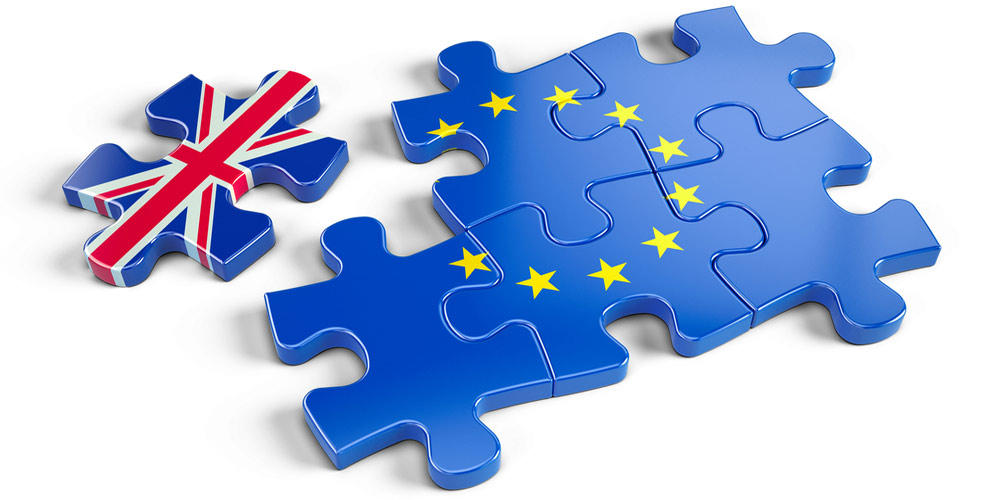With just over a month to go before we take to the polls, the Brexit debate continues with more attack ads and vagaries. This week, the unlikely trio of Lib Dem’s Vince Cable, Labour’s Ed Balls and chancellor George Osborne used a specially branded Ryanair plane as a bandstand for the ‘remain’ campaign.

Brexit: busting the myths part two
Their rhetoric was in fact within the bounds of reality, even if the set-piece seemed a little hard to comprehend. Then, prime minister David Cameron warned that Brexit voters would be playing into the hands of terrorists should we distance ourselves from Europe.
Meanwhile, ‘leave’ campaigner Boris Johnson made a bonkers link between the rise of Hitler and the development of the EU – the politicians are clearly continuing the theme of offering the most outrageous argument to explain why the other route means certain doom.
Yet no-one is setting out how a vote for them would lead to an improvement.
I’m going to take a stab at what policies the government could implement if we did Brexit. In recent weeks, Bank of England governor Mark Carney and IMF managing director Christine Lagarde have warned that a departure vote would leave the UK a basket case. Will this really be the outcome? It’s unlikely; the UK will adapt, but what would be on the ‘wish list’ if we had to start again?
1. The UK could use its freedom from the EU’s tax and state-aid laws to compete with the EU on tax. This could take many forms:
a) The UK would be able to create tax-free enterprise zones that would attract foreign direct investment and new businesses to the more impoverished areas of the UK or those that are suffering from global economic changes.
b) It may decide to waive National Insurance payments for new staff over a period of time, or something similar, to help boost business generation and expansion.
c) It could choose to subsidise some industries to incubate high-value businesses.
All these potential measures would likely fall foul of EU state-aid rules if implemented today.
2. Labour laws could be relaxed, making the UK an easier place in which to do business and help entice trade to the British Isles. The government could also reduce income tax, particularly the higher and additional rates, to attract foreign professionals. Skill shortages have blighted the UK for many years, so a bold reform of immigration could help import the skills we need to boost our lagging productivity.
3. Finally, we could forge bilateral trade agreements of our own. We have not employed any of our own negotiators since 1973, but we can hire some. Arguably, the UK has some of the best lawyers and financial services minds in the world.
These actions are by no means exhaustive. An unfettered government could provide greater flexibility in policy making. Of course, there would be drawbacks too: potential tariff walls between us and half of our export customers, barred free movement to Europe and the diminished influence that comes with being apart from one of the largest markets in the world.
Unfortunately, these are not populist policies and would be met with huge resistance. We would need strong leaders to push them through. As we have noted previously, the nation’s leadership is likely to be in flux if we vote to leave.
And this concerns me. Now more than ever, we need strong informative leaders. Yet our current crop – on both sides of the debate – are more interested in hyperbole than improvements.
Next week I’ll take a look at how the trading bloc and the UK could become more competitive if the ‘remain’ vote wins.

